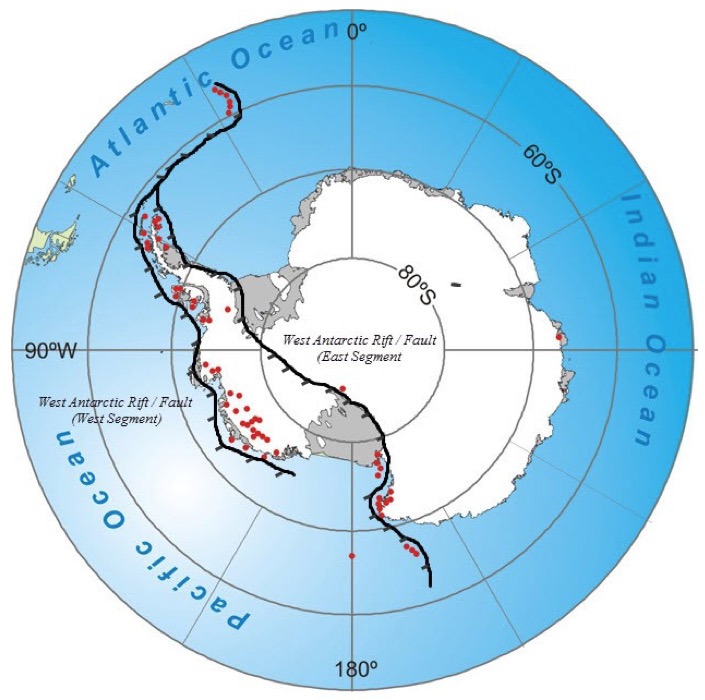
The agreement ‚Äì which began last year in Paris ‚Äì aims to reduce emissions and combat what Obama and other world leaders call man-made “climate change” or “global warming.” Obama and the president of China, Xi Jinping, agreed to the deal during the recent G-20 summit.
“This is not a fight that any one country ‚Äì no matter how powerful ‚Äì can take alone,” Obama said of the agreement, according to The Associated Press. “Someday, we may see this as the moment that we finally decided to save the planet.”
Paul C. “Chip” Knappenberger of Cato Institute’s Center for the Study of Science insists that the deal is no big deal whatsoever.
“It is much ado about nothing,” Knappenberger maintains. “What we have here is … the U.S. has signed an agreement where Obama has basically overpromised what he’s going to be able to do with the Clean Power Plan stayed by the Supreme Court ‚Äì and some of the other things not being as effective as he had envisioned ‚Äì is going to put the U.S. in a situation where it can’t reach its target and China has no real pressure on their targets because they’re pretty easy to reach.”
Meanwhile, Knappenberger contends that none of the countries are bound to keep their end of the bargain.
“There’s some binding language in there that says you have to revisit your promise every five years, or something like that, but there is no … consequences other than shaming countries that don’t live up to their promises,” he explains. “So, the U.S. could just as easily pull out as China or India or anyone else who didn’t want to play anymore ‚Äì any country, for that matter.”















